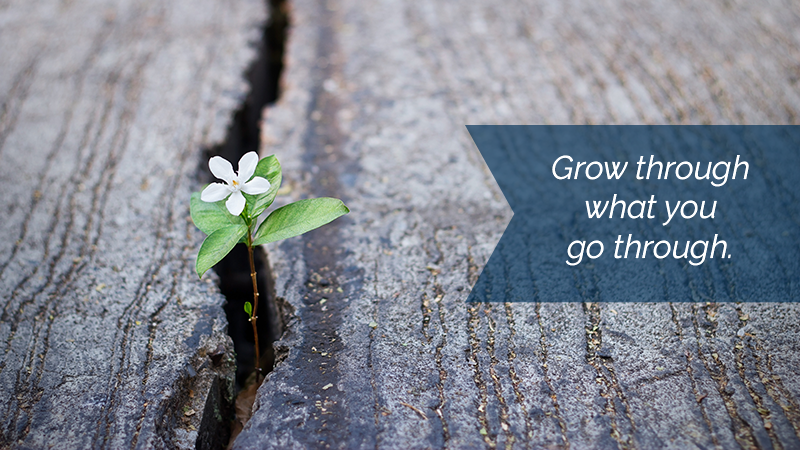Resilience Header
Resilience
What it is, why it works and how to increase yours
Resilience is the ability to adapt well to the stress that comes from bad things in your life, such as problems with money, health, work or relationships.
Having resilience does not mean ignoring that stress, nor is it giving up when the going gets tough. True resilience is having a mature, healthy ability to face your problem calmly and work through it
The good news is that resilience is a skill. You can learn and practice it just like you do any other skill you want to have.
Here’s how to get started building your resiliency.
Resiliency- Take Care of the Basics

Get moving. Regular, consistent physical exercise is one of the best ways to improve your mood and overall physical health.
Eat well. “Comfort food” is real, but it shouldn’t be covered with gravy. Eating a healthy diet of fruits, vegetables and lean proteins can help you feel better.
Get enough sleep. Improve sleep quality by keeping your room dark and at a cool temperature at night, and follow a healthy nighttime ritual which includes turning off screens (phones and televisions) about an hour before lying down.
Resiliency- Plan for the Future

Look beyond the present and plan for a better future.
Decide the kind of person you want to be, and then act in ways that align with your ideals.
Find a job, hobby or activity you enjoy and do more of it. Driven, productive people tend to report being happier.
Plan small achievable daily goals. Little wins add up to impressive achievements.
Resiliency- Strengthen your support

Create and maintain a strong social network of people who can help you up when you're down.
Form new relationships or dig deeper into existing freindships by sharing hobbies and activities.
Seek out suppport through local support groups if the situation requires.
Resilience- Resources
Resources for Resilience
If you require further help, never be afraid to reach out. Your primary care physician may be a good first resource.
Blue Cross is here to help! You can call the phone number listed on the back of your insurance card to find out more information on behavioral health benefits covered under your insurance plan.
If you are feeling suicidal or think you may be in immediate risk of harming yourself, the National Suicide Prevention Lifeline is available 24 hours a day, seven days a week by calling 1-800-273-8255 or by visiting SuicidePreventionLifeline.org
If you are currently suffering from substance use disorder or with your mental health, you can call the Substance Abuse and Mental Health Services Administration (SAMHSA) at 1-877-726-4727 Monday through Friday from 9 a.m. until 9 p.m. Central Standard Time (CST), or visit SAMHSA.gov.
